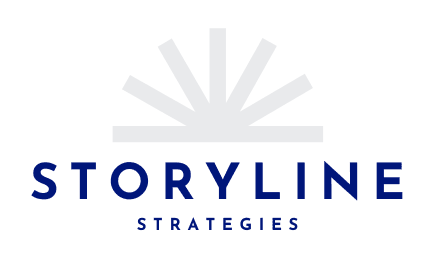Latest Trends in School Consulting: Navigating the Changing Educational Landscape
Embracing Technology in School Consulting
In recent years, technology has become a cornerstone of educational reform and innovation. School consultants are increasingly advising institutions to integrate digital tools into their curriculum and administrative processes. This shift not only enhances student engagement but also streamlines operations, allowing educators to focus more on teaching than on paperwork. By leveraging technologies like AI and data analytics, schools can personalize learning experiences and improve outcomes.

Consultants are also helping schools to implement interactive platforms that facilitate distance learning and enable real-time collaboration between students and teachers. These platforms have proven invaluable, especially in times when physical classrooms are not accessible. The role of technology in education continues to expand, necessitating ongoing updates and training for educators to keep up with the latest advancements.
Focusing on Mental Health and Well-being
Another significant trend in school consulting is the growing emphasis on mental health and well-being. Consultants are advising schools to develop comprehensive programs that support the emotional and psychological needs of students. This includes training teachers to recognize signs of distress and creating safe spaces where students feel comfortable discussing their challenges.
Moreover, schools are encouraged to partner with mental health professionals to provide counseling services and resources. By prioritizing mental health, educational institutions can foster a more supportive and nurturing environment, which is crucial for student success and well-being.
Promoting Diversity, Equity, and Inclusion
Diversity, equity, and inclusion (DEI) are becoming central themes in educational consulting. Consultants are working with schools to create inclusive environments that celebrate diversity and ensure equity in educational opportunities. This involves revising curricula to include diverse perspectives and implementing policies that address systemic biases.

Schools are also encouraged to engage with communities to better understand the unique needs of their student populations. By fostering an inclusive culture, educational institutions can prepare students for a globalized world and promote social cohesion.
Strengthening Community Partnerships
Establishing strong community partnerships is another trend gaining momentum in school consulting. Consultants are guiding schools to collaborate with local businesses, non-profits, and other educational entities to enhance learning opportunities for students. These partnerships can provide students with access to resources, mentorship programs, and real-world experiences that complement their academic learning.
Community involvement also helps schools build a support network that contributes to overall student development. By working together, schools and communities can create an enriched educational landscape that benefits everyone involved.

Adapting to Changing Educational Policies
The educational landscape is constantly evolving, with new policies and regulations shaping how schools operate. School consultants play a crucial role in helping institutions navigate these changes by providing strategic guidance and ensuring compliance with legal requirements. This includes staying informed about updates in educational standards, funding opportunities, and accountability measures.
By adapting to changing policies, schools can remain competitive and continue providing high-quality education. Consultants help institutions anticipate future trends and prepare proactively, ensuring long-term success in an ever-changing environment.
